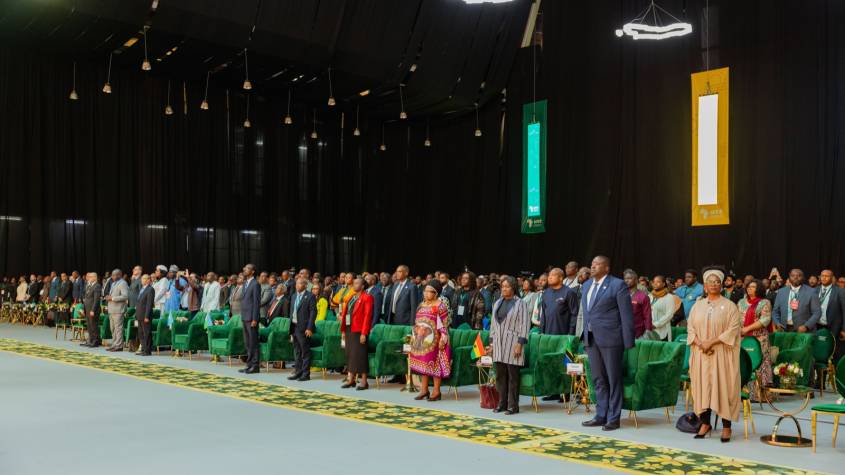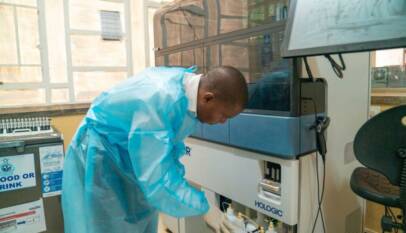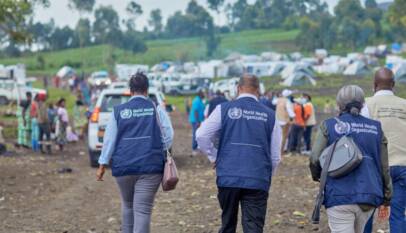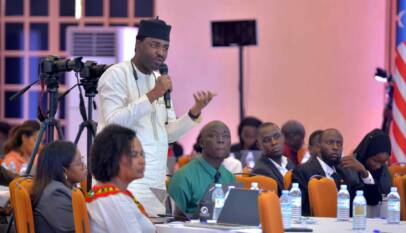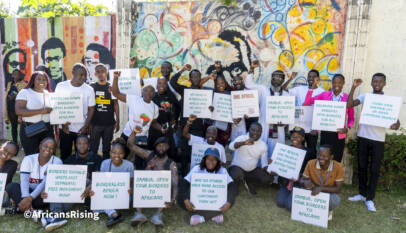ACS-2: Africa Unites Around Home-Grown Climate Solutions
The just-concluded Second Africa Climate Summit (ACS-2) marked a pivotal moment as Africa united to champion home-grown solutions, drive adaptation and resilience towards systemic change on the global climate stage.
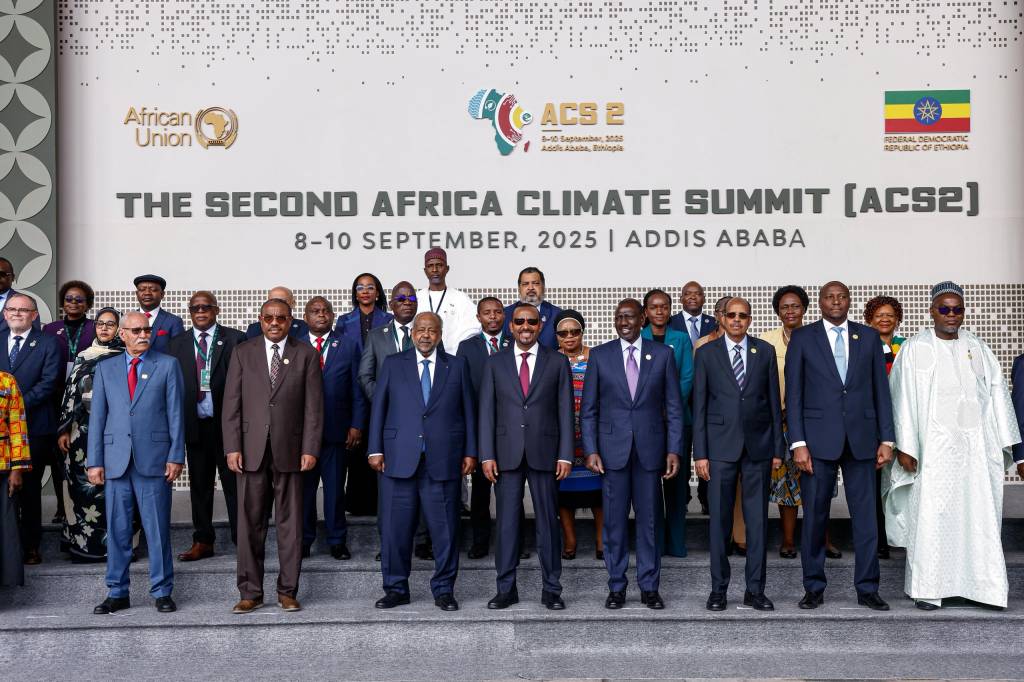
The Second Africa Climate Summit (ACS-2), held September 8–10 in Addis Ababa and co-convened by the African Union Commission (AUC) and the Government of Ethiopia (GoE), marked a defining moment in Africa’s resolve to shape its own climate future.
It showcased Africa’s priorities and commitments to champion home-grown, African-led solutions aimed at driving adaptation, resilience, and systems-level change.
African leaders, policymakers, civil society, private sector actors, and youth gathered under the theme: “Accelerating Global Climate Solutions: Financing for Africa’s Resilient and Green Development.” The summit built on commitments from the first Africa Climate Summit (ACS-1) held in Nairobi, Kenya (2023), spotlighting the pathways to a green, climate-resilient, and prosperous future.
Over three days, the summit’s agenda covered:
- Day 1: Nature- and technology-based solutions for decarbonization, green growth, and resilient infrastructure.
- Day 2: Adaptation and resilience to Africa’s climate risks.
- Day 3: Climate finance and African-led innovations to shift from aid dependence to investments in local solutions.
The summit concluded with the Adoption of the Addis Ababa Declaration on Climate Change, a bold statement that positions Africa as both a frontline victim of climate impacts and a global leader in solutions.
Turning Vulnerability into Action
The Addis Ababa Declaration underscores Africa’s demand for justice, fairness, and African-led approaches to climate action. It strengthens commitments to scale up continental initiatives such as:
- The African Union Great Green Wall Initiative
- The African Forest Landscape Restoration Initiative
- Ethiopia’s Green Legacy Initiative
“ACS-2 catalyzed investments, policies, and hope,” said AUC Chairperson Mahmoud Ali Youssouf, noting that the summit advances Agenda 2063: The Africa We Want.
Shifting from Aid to Investment
Taye Atske Sellasie, President of Ethiopia, emphasized the importance of African-owned financial instruments in supporting climate action, calling for:
- The operationalisation of the African Climate Change Fund within the AfDB.
- Stronger public-private partnerships to diversify climate financing.
- Accelerated ratification of instruments for continental financial institutions.
“As we advocate reforms in the global financial system to make climate finance more accessible, African financing with African ownership is critical,” the Ethiopian President noted.
Adaptation as Priority
For Kenya’s President William Ruto, adaptation is Africa’s top climate challenge. He highlighted priorities such as water and food security, fragile ecosystems, and community resilience, supported by dedicated finance.
“Our potential is recognised, and our solutions are being deployed: from green infrastructure and climate-smart agriculture to cutting-edge technologies like direct air capture. Across the continent, African entrepreneurs and communities are innovating and building resilience from the ground up,” he said.
Civil Society and Regional Voices
Civil society leaders also weighed in:
- Mohamed Adow, Executive Director of Power Shift Africa (PSA): “Africa is moving from the margins of global decision-making to the centre, offering renewable power, transition minerals, and resilient food systems. Africa is ready to lead; the question is whether the world is ready to follow.”
- Julius Ng’oma, Coordinator of the Civil Society Network on Climate Change (CISONECC): “Financing local adaptation is essential, but we must push for delivery of pledges and commitments made by developed countries that created the crisis.”
The Road Ahead
The 25-page Addis Ababa Declaration cements Africa’s role as a solutions-builder, not a passive victim in global climate governance. By calling for urgent justice, fair financing, and accelerated action, ACS-2 has turned Africa’s climate vulnerability into an opportunity for action.
As the world prepares for COP30, Africa’s message is clear: a just global transition cannot happen without African leadership, innovation, and ownership.

